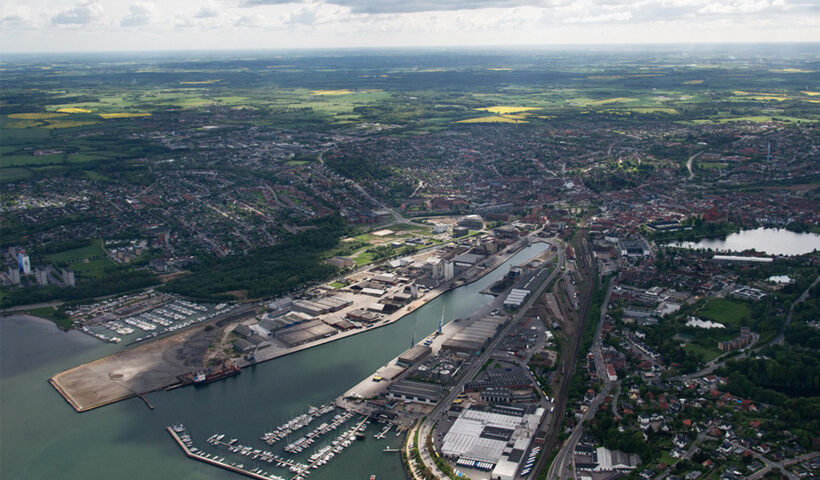At the end of 2018, the Danish municipality of Kolding, the owner of Port of Kolding and the landlord port development company, decided to shut down the commercial port with a transition period of 25 years. That deserves a WOW.
It also begs questions: is this a bold visionary move to be applauded? Is it likely to be replicated elsewhere? Does it have repercussions for the way we think about the ownership of state-owned port companies?
From a public policy perspective, the core question is whether or not closing the port is in the public interest or not. If that is the case, the municipality has taken the right decision, even if this incurs damage on the business community.
However, it is questionable whether the municipality did consider the interest of the public at large (e.g. all Danish citizens). More likely, they focused on their constituents only. Detailed analysis would be required to assess how relevant ‘extra-municipal effects’ are.
I expect that at least four of the effects may not have received the attention they deserve. First, the labour market effects (such as potential job losses) of the port are partly extra-municipal: some of the workers, both from the companies operating in the port and from their suppliers, are from outside the municipality. Perhaps the labour market effects are limited, or perhaps the regional economy is strong enough to cope, but a strong economy is a public interest that municipalities may take too lightly, contrary to regional and national governments.
Second, the state (and region) may have to make public investments to accommodate the relocation of the involved companies to other areas, for example through roads, rail and/or the provision of utilities. From a state/regional perspective, these investments do not lead to new value for society, but just enable the relocation of economic activity.
Third, and a in similar vein, the relocation of companies may lead to increased costs for society. If importing companies in Kolding shift supply chains to more distant ports, that increases emissions and use of public infrastructure. Finally, this decision may have effects on private sector investments in other municipally-owned Danish ports. However, in my view it is sensible to downplay this effect, since all lease agreements are honoured in Kolding.
I lack the information to make the call between visionary decision and short-sighted, but due to the apparent lack of an impact assessment with stakeholder involvement — which is widely accepted as necessary basis for good decision making — I lean towards the latter.
First published @ Port Strategy













